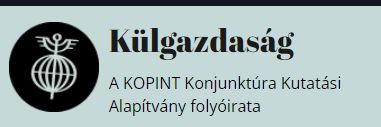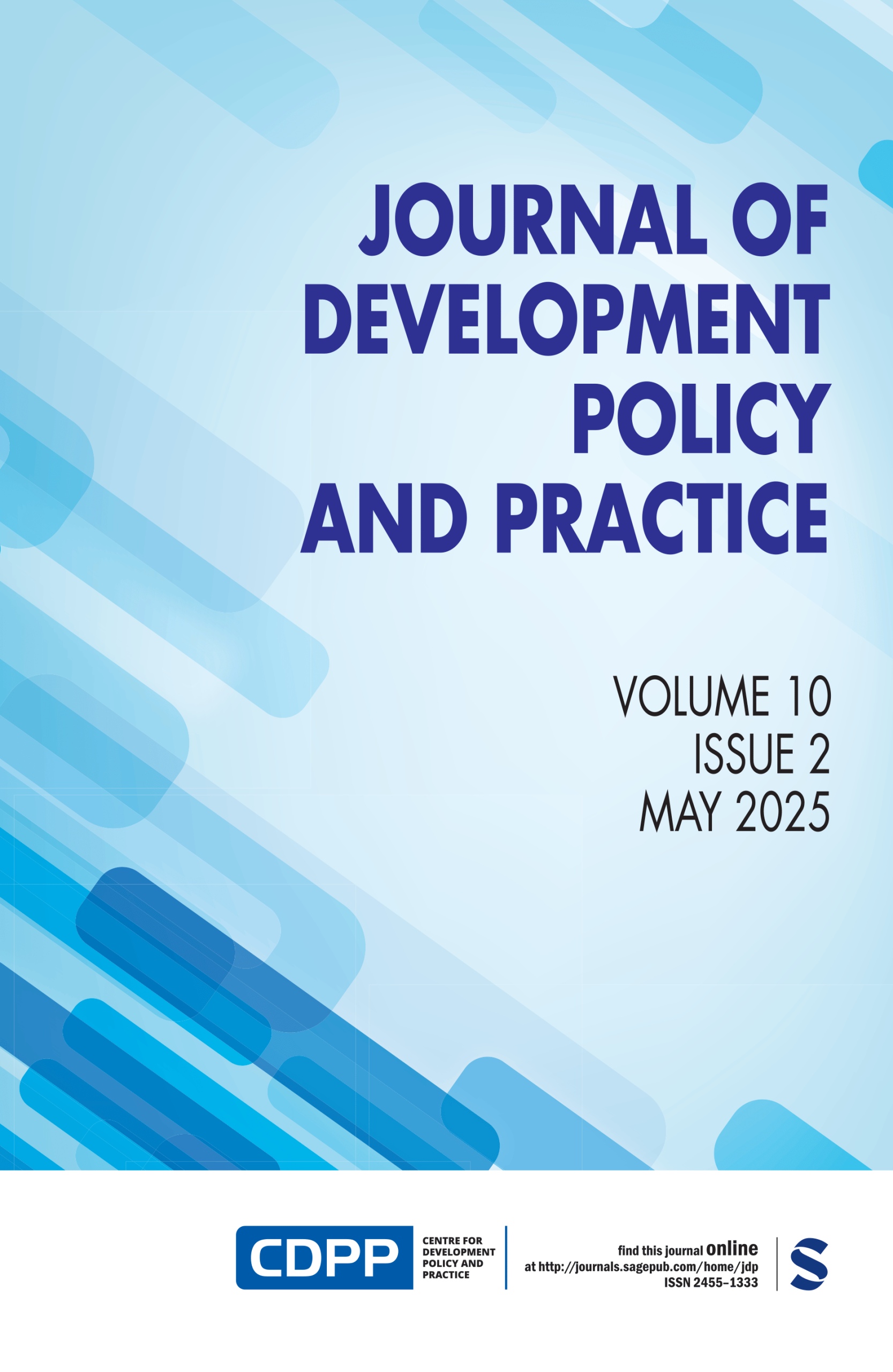Az előadásra hibrid formában kerül sor zoom felületen, illetve személyesen a KTI szemináriumi szobában T4.23 -as; 2024. március 07.-én 13:00-tól.
Előadó: Marieke Pahlke
Title: Dynamic Consistency in Ambiguous Dutch Auctions
Abstract: We study a decreasing price auction with an ambiguity-neutral seller and two ambiguity-averse buyers. Due to the dynamic structure, buyers learn about the valuation of the opponent buyer during the auction. We characterize a belief formation process that allows buyers to consider their knowledge of the information structure. This process leads to a rectangular ex-ante belief set and implies dynamically consistent behavior. Then, we show that the seller can extract almost all surplus even if buyers behave dynamically consistently. Further, in our setting, buyers accept higher prices compared to a consistent planning approach.
Short bio: Marieke Pahlke is an assistant professor at the Department of Operations Research and Actuarial Sciences of Corvinus University of Budapest. Her main areas of research interests are in microeconomic theory, game theory and information economics. In particular she is interested in incomplete information, uncertainty, and information design in noncooperative games, and her current research focuses on the role of ambiguity in a dynamic setting.









